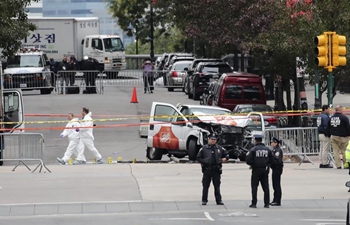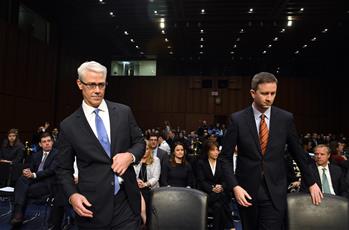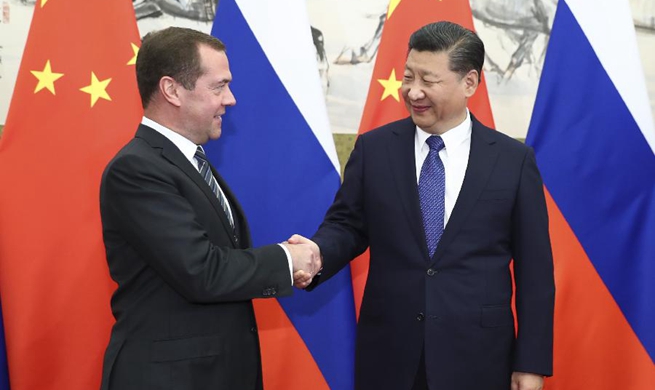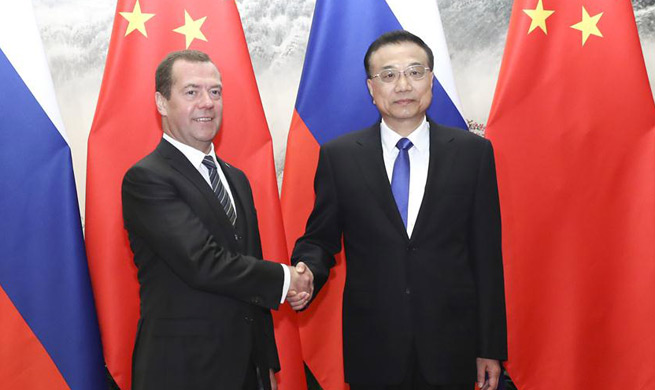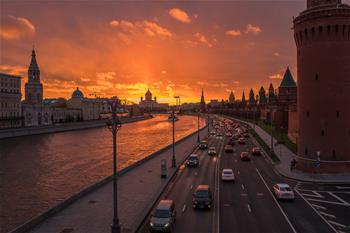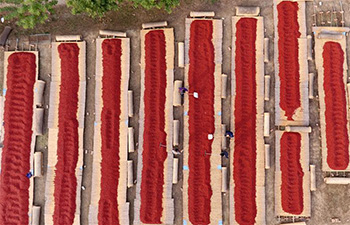GENEVA, Nov. 2 (Xinhua) -- The workplace gender gap widened in 2017, the World Economic Forum (WEF) said Thursday, for first time since its Global Gender Gap Report was first published in 2006.
In a statement WEF said, "A decade of slow but steady progress on improving workplace parity between the sexes came to a halt in 2017."
The findings show that, overall, 68 percent of the global gender gap has been closed. This is a slight deterioration on 2016 when the gap was 68.3 percent and in 2015, when it was 68.1 percent.
Behind the decline is a widening of the gender gap across all four of the report's pillars: educational attainment; health and survival; economic opportunity and political empowerment, said the Geneva-based WEF.
"We are moving from the era of capitalism into the era of talentism. Competitiveness on a national and on a business level will be decided more than ever before by the innovative capacity of a country or a company," said Klaus Schwab, WEF founder and executive chairman.
The organizations that best succeed will those with an understanding of integrating women as "an important force into their talent pool," he said.
WEF said recent studies estimate suggested that China could see a 2.5-trillion-U.S.-dollar GDP increase from gender parity
The world as a whole could increase global GDP by 5.3 trillion U.S. dollars by 2025 if it closed the gender gap in economic participation by 25 percent over the same period.
At the top of the Global Gender Gap Index is Iceland which has closed nearly 88 percent of its gap and it has been the world's most gender-equal country for nine years, said WEF.
The gap between Iceland and the second-placed country, Norway, widens as both Norway and third-placed Finland saw their gaps expand this year.
The top five is completed by Rwanda (4) and Sweden (5). The next two countries in the Index, Nicaragua (6) and Slovenia (7), also achieve symbolic milestones this year closing 80 percent of their gaps for the first time. Ireland (8), New Zealand (9) and Philippines (10) make up the top 10.
Among the G20 group of countries, France (11) is ranked highest on gender parity, followed by Germany (12), the United Kingdom (15), Canada (16), South Africa (19) and Argentina (34).
The United States drops four places to 49 while, at the lower end of the group, no fewer than six countries rank at or above 100.
These are China (100), India (108), Japan (114), Republic of Korea (118), Turkey (131) and Saudi Arabia (138).
At this rate of progress, it will take another century to close the overall global gender gap, compared to 83 years last year. The most challenging gender gaps remain in the economic and health spheres.






